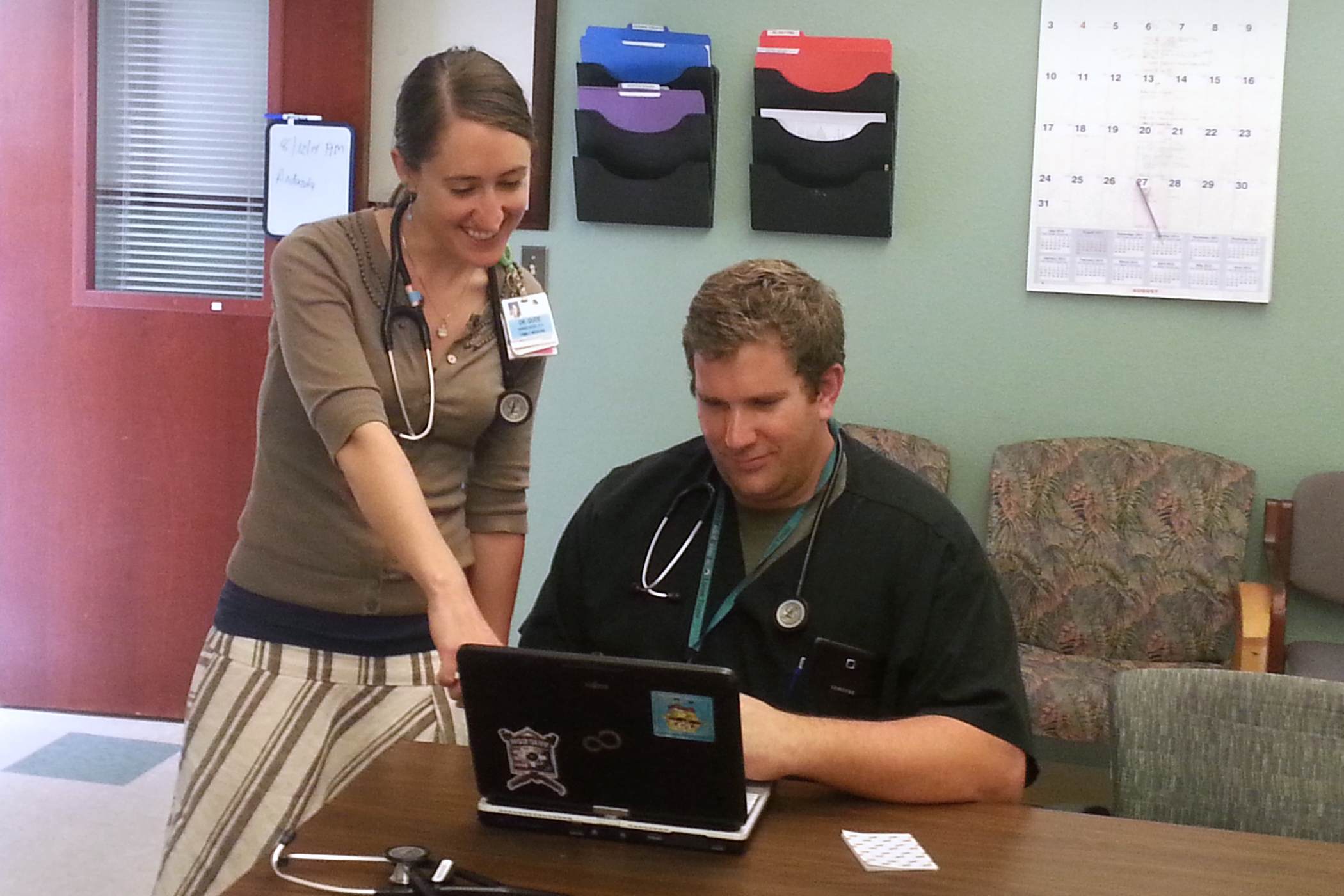
Clinical Experiences
As a student pursuing a career in healthcare and preparing a competitive application for school, it’s favorable to have healthcare experience. The experience will be more meaningful when you have direct patient interaction. You want to have opportunities to understand the nature of a doctor-patient relationship and see how you act around those who will depend on you for their well-being. Health professions schools will look for demonstrated exploration of healthcare through involvement in patient contact related opportunities. Even though hands-on experience is recommended for most health schools, direct patient care experience is required to apply to a Physician Assistant program.
Most students indicated they want to “Help people.” They are convinced they love working with people and want a career where they make a difference in people’s lives that is meaningful and of value. Working with people who are ill, stressed or in crisis is very different from working with those who are healthy and feeling well. Students may determine they truly like working with people. Some will find they enjoy working with those who are ill; others will find they don’t.
It is imperative to understand and respect the need for teamwork within healthcare. Students need to experience this type of teamwork and recognize working as a team is expected and necessary. Healthcare professionals assume a great deal of responsibility for others. Volunteering provides a glimpse of this to students but offers enough to help students identify and begin to appreciate this aspect of the profession they wish to pursue. The healthcare professions are constantly changing. Volunteering in a clinical setting allows exposure to these changes and provides a realistic understanding of the field.
Finding Local Opportunities
You may find opportunities to do hands-on experiences after shadowing a physician, or by actually working in a healthcare setting as a medical scribe, healthcare assistant, Paramedic, Pharmacy Technician, Dental Assistant, or others. Remember, to practice medicine requires training a licensing. Performing an act that you’re not train, certified or qualified to perform, could lead to serious consequences.
International Opportunities
Many students are interested in spending time abroad. Study Abroad is a great way to explore another culture and get out of your comfort zone. Study abroad is not a requirement but it is an added bonus in exploring your interests and personal strengths. There are certain times during undergraduate study when this is more opportune and does not interfere with the application process. Please see a Pre-Health advisor to discuss your plans. DO NOT TAKE PREREQUISITE SCIENCE OR MATH COURSES WHILE DOING STUDY ABROAD.These courses should be taken at your home institution only.
Healthcare-related mission trips offered through private organizations are popular with pre-health students as a way to get some type of hands-on experience. NMSU does not endorse any of these programs. These are private programs that you should carefully research. Students participate at their own risk and should be fully aware of the ethical issues involved in international medical volunteer programs. PLEASE READ the following guidelines before investigating programs. Remember, if you wouldn’t do it here, don’t do it there! You should not be testing, diagnosing, treating, or prescribing unless you are a licensed professional eligible to practice in the country you are in. This applies to working with people AND animals. Every country has unique laws that govern who can provide patient care. Performing duties you are unqualified to do can have severe, even fatal, consequences for both you and the patient.
Even if you are simply observing, consider this from the Association of American Medical Colleges (AAMC):
“The mere presence of students can impact a clinic or hospital setting, even when the student does little more than shadow local clinicians. Students would do well to consider what it is like for a patient to be observed by a comparatively wealthy young foreigner, often of a different race or gender. For some patients, the presence of a student signifies interest and is appreciated. For others, an observer inhibits full disclosure.
If, as is natural and appropriate at home, the student wishes to ask questions, it is hard to know how this will be interpreted by the patient. Does the question show concern, or does it distract the physician, taking time and attention from the patient? Does the question increase the patient’s anxiety? In crowded hospital wards, in the interests of privacy, physicians often speak very quietly, and only those who are close can see and hear. Again, how might the presence of foreign observers affect communication, caregiving or the learning opportunities of local students by taking up limited space? In short, it is important for students to recognize that their physical presence can be helpful and, at the same time, potentially disruptive for the people with whom they interact.”
From the American Medical Association Journal of Ethics December 2006, Volume 8, Number 12: 851-854.
